Regulatory T cells (Tregs) play a key role in inducing and maintaining immune tolerance, immunosuppression, and regulating abnormal immune responses. The importance of Treg in immune regulation and intermediary tolerance has been strongly demonstrated, and expanded polyclonal Treg is being developed for clinical applications. However, one problem is that the frequency of specific Tregs is very low. To overcome this issue, Creative Biolabs strive to "designate" Tregs by engineering Tregs to express receptors that recognize a given antigen. Therefore, we use retroviruses to transduce specific T-cell receptors, single-chain variable fragments (Fvs), or antigen domains to achieve this goal, and this scheme is promising for autoimmunity, hemophilia, and allergy.
|
|
Specific Treg 1: TCR- Tregs T cell receptors (TCR) can recognize tumor-specific proteins inside cells. When tumor-specific proteins break down into fragments, they will appear on the cell surface along with another protein called the major histocompatibility complex (MHC). TCR is designed to recognize tumor-specific protein fragments / MHC combination. Here, we cloned HLA-restricted TCR derived from hemophilia patients, constructed a TCR-retroviral recombinant vector, and then transduced human Treg. These TCR-transduced Tregs show robust bystander effect for suppression. |
|
|
Specific Treg 2: CAR- Tregs Although TCR transduced Tregs are very effective, they are still restricted by MHC class II. Therefore, we developed a second engineering-specific method, scFv, just like chimeric antigen receptor (CAR) T cells for cancer treatment. The scFv that recognizes specific antigens is integrated into our retroviral CAR vector for transduction of Treg. These scFv CAR Tregs can inhibit antibody responses against multiple epitopes in specific antigens. These data provide evidence that engineering Tregs suppress bystanders. |
|
|
Specific Treg 3: Antigen- Tregs We have developed another Treg that expresses homologous antigens recognized by B cells through their IgM and IgD receptors and can directly target B cells. The antigen protein that recognizes specific B cell antibody receptor is integrated into our retroviral CAR vector for transduction of Treg. The data shows that when specific B cells encounter engineered antigen-Treg cells, they will bind to Treg and form synapses, and will receive a putative negative signal from these Tregs cells, resulting in the suppression of B cell response or cell death. |
One-stop Engineered Treg Therapy Development
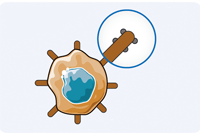 Biomarker Identification & Selection
Biomarker Identification & Selection
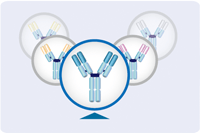 CAR/TCR Design & Construction
CAR/TCR Design & Construction
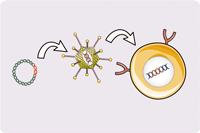 Virus Packaging & Gene Delivery
Virus Packaging & Gene Delivery
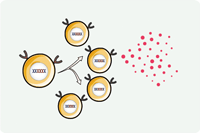 In Vitro Assay
In Vitro Assay
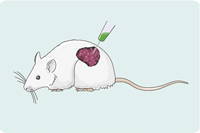 Preclinical In Vivo Assay
Preclinical In Vivo Assay
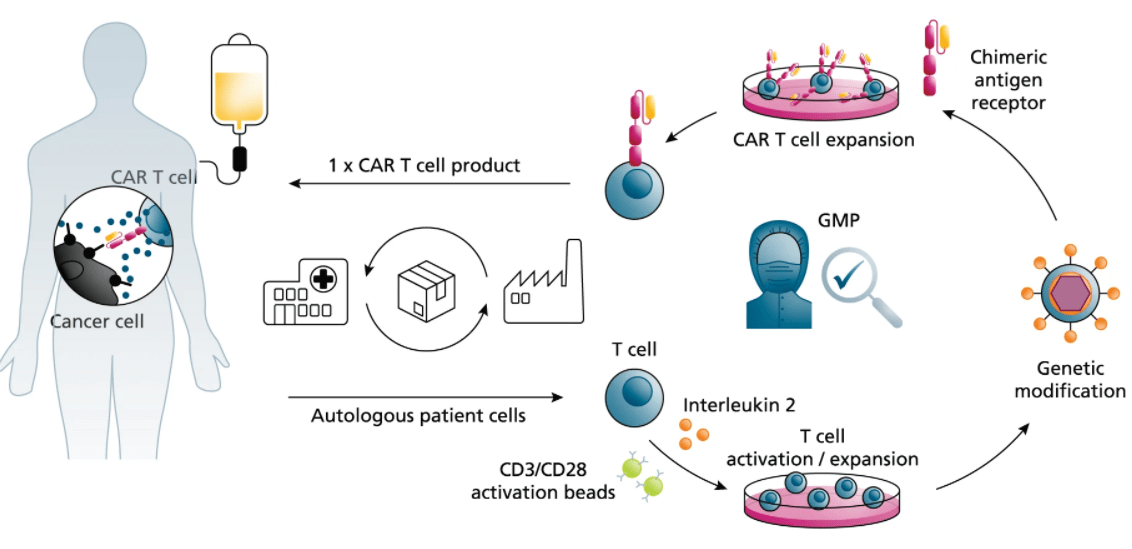 Clinical Trial
Clinical Trial
For more detailed information, please feel free to contact us or directly sent us an inquiry.
Reference
For any technical issues or product/service related questions, please leave your information below. Our team will contact you soon.
All products and services are For Research Use Only and CANNOT be used in the treatment or diagnosis of disease.
 NEWSLETTER
NEWSLETTER
The latest newsletter to introduce the latest breaking information, our site updates, field and other scientific news, important events, and insights from industry leaders
LEARN MORE NEWSLETTER NEW SOLUTION
NEW SOLUTION
CellRapeutics™ In Vivo Cell Engineering: One-stop in vivo T/B/NK cell and macrophage engineering services covering vectors construction to function verification.
LEARN MORE SOLUTION NOVEL TECHNOLOGY
NOVEL TECHNOLOGY
Silence™ CAR-T Cell: A novel platform to enhance CAR-T cell immunotherapy by combining RNAi technology to suppress genes that may impede CAR functionality.
LEARN MORE NOVEL TECHNOLOGY NEW SOLUTION
NEW SOLUTION
Canine CAR-T Therapy Development: From early target discovery, CAR design and construction, cell culture, and transfection, to in vitro and in vivo function validation.
LEARN MORE SOLUTION